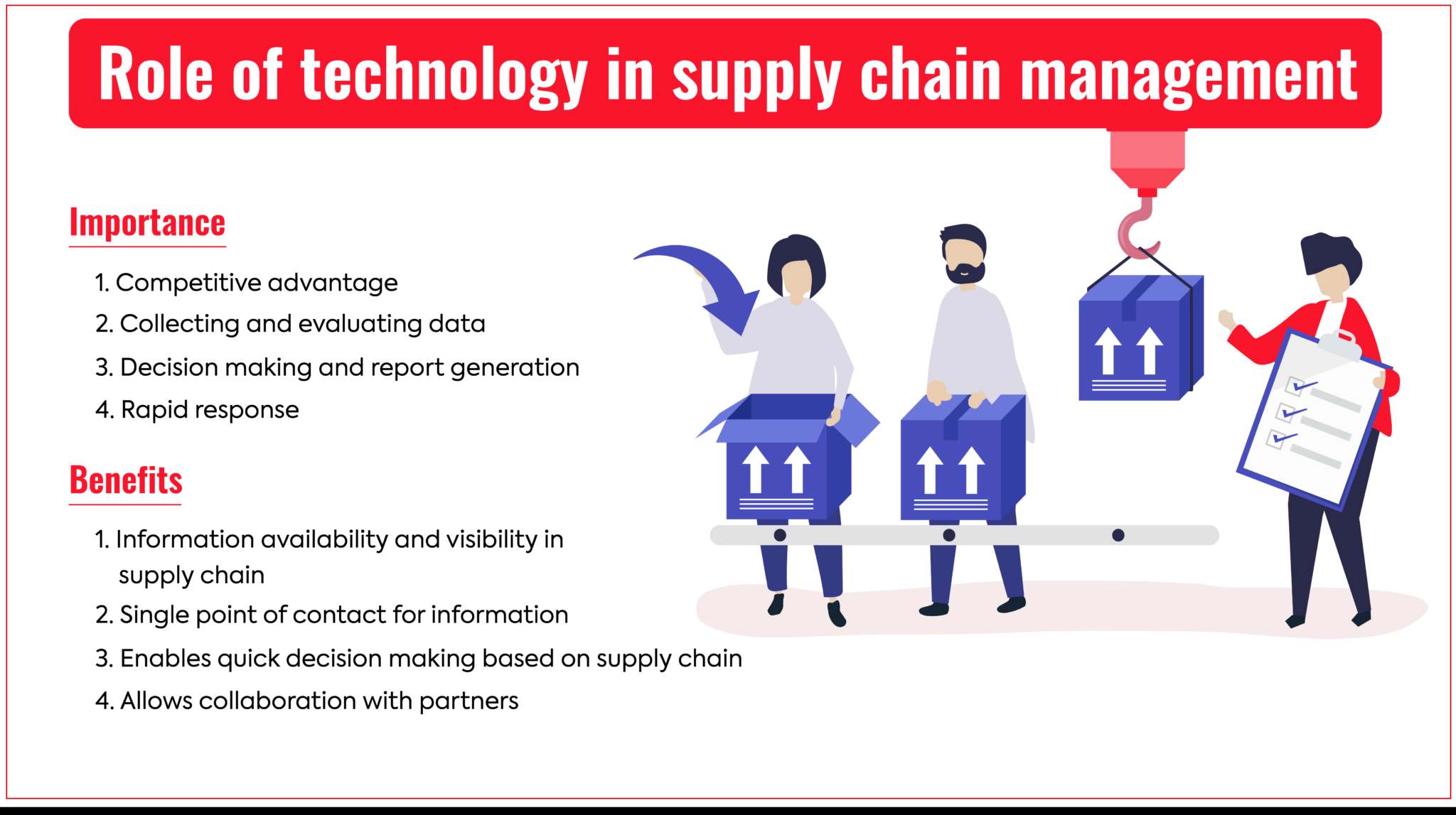In today’s rapidly evolving business landscape, supply chain management plays a critical role in the success of companies across all industries. With the rise of e-commerce and global trade, businesses are facing increasingly complex supply chains that require efficient and streamlined processes to ensure timely delivery of products to customers.
This is where technology comes into play. Advancements in technology have revolutionized supply chain management, enabling companies to enhance visibility, increase efficiency, and optimize costs throughout the supply chain. In this article, we will explore the various ways in which technology is transforming modern supply chain management.
1. Automation and Robotics
One of the key advancements in supply chain management is the use of automation and robotics in warehouses and distribution centers. Automated picking and packing systems, autonomous mobile robots, and automated guided vehicles have significantly improved the efficiency and accuracy of order fulfillment processes. By automating repetitive and labor-intensive tasks, companies can reduce human error, increase throughput, and shorten lead times.
2. Internet of Things (IoT)
The Internet of Things (IoT) refers to the network of interconnected devices and sensors that collect and exchange data in real-time. In supply chain management, IoT technology enables companies to track the location, condition, and status of products as they move through the supply chain. By leveraging IoT devices, companies can improve inventory management, optimize route planning, and enhance visibility across the entire supply chain.
3. Big Data and Analytics
Big data and analytics have become essential tools for modern supply chain management. By analyzing large volumes of data from multiple sources, companies can gain valuable insights into their supply chain operations, identify trends, and predict demand fluctuations. By using predictive analytics, companies can optimize inventory levels, reduce stockouts, and improve customer satisfaction.
4. Blockchain Technology
Blockchain technology is revolutionizing supply chain management by providing a secure and transparent way to track and trace products throughout the supply chain. By recording every transaction on a decentralized ledger, companies can ensure the authenticity and integrity of their products, reduce the risk of counterfeiting, and streamline compliance with regulatory requirements. Blockchain technology is particularly useful in industries such as pharmaceuticals, luxury goods, and food and beverage.
5. Cloud Computing
Cloud computing has become a game-changer for supply chain management by providing companies with on-demand access to powerful computing resources and data storage capabilities. By leveraging cloud-based solutions, companies can collaborate with partners and suppliers in real-time, share critical information, and streamline communication across the entire supply chain. Cloud computing also enables companies to scale their operations quickly and cost-effectively, without the need for significant upfront investments in IT infrastructure.
Conclusion
In conclusion, technology is playing an increasingly crucial role in modern supply chain management. By adopting the latest advancements in automation, IoT, big data, blockchain, and cloud computing, companies can optimize their supply chain operations, improve efficiency, and drive competitive advantage in today’s fast-paced business environment. Embracing technology is no longer an option for companies looking to stay ahead of the curve in supply chain management – it is a necessity.

